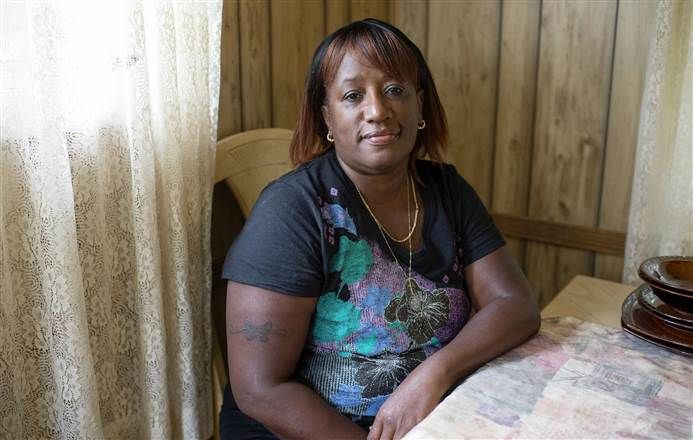Reading
Add Comment

A creeping escape from the Great Recession is bolstering job prospects in every demographic slice of the U.S. economy but one: African American women.
Adult black females in August posted an unemployment rate of 10.6 percent, the same rate that group registered in August 2013 — while during that span unemployment rates decreased for black men, white men, white women, Latino men, Latino women, and adult Asian Americans, according to the latest federal labor figures.
Some economic experts — and some out-of-work black women — assert the numbers lead them to one uneasy conclusion: racial and gender hiring biases are blocking many adult females from regaining prerecession financial footholds.
“Black women have not made any progress at all (during the past 12 months),” said Joan Entmacher, vice president for family economic security at the National Women’s Law Center in Washington, D.C. “It’s not a great picture. There is just a continuing problem of discrimination in the work place.”
“We're dying out here,” said Karen McLeod, 59, out of work since September 2013 when a Canton, Ohio, nonprofit stopped paying her then let her go. Her former duties included helping felons regain jobs by seeking to expunge their criminal records.
A professional woman with a bachelor’s degree in criminal justice administration, McLeod calls her drastic moves to stay housed, clothed and fed “the most humiliating thing.”
To afford gas for her car, she sold her jewelry. To buy food, she pawned her television. She asked local churches and the Salvation Army for money to help pay the $625 rent on her house — where she found an eviction notice pinned on the door in August.
To stay current on her electric, natural gas and water bills, McLeod reached an emergency installment plan with the utility companies — $10 per month for each. But she struggled to meet that obligation, too, forcing her to borrow from a “check-and-go cash place,” she said. And she’s not sure how she’ll pay those bills when cold weather arrives.
“They gave me food stamps. But how can you cook food if you don’t have utilities?” McLeod said. “They tell you not to sell your food stamps. Now, I see why people do that because they need money just to buy things like toilet paper. I ran out of toilet paper.”
Continue reading at NBC News
Kimberly Foster is the founder and editor of For Harriet. Email or Follow @KimberlyNFoster economy unemployment
0 comments:
Post a Comment